Why your youth is nothing like it was for your parents
- Published
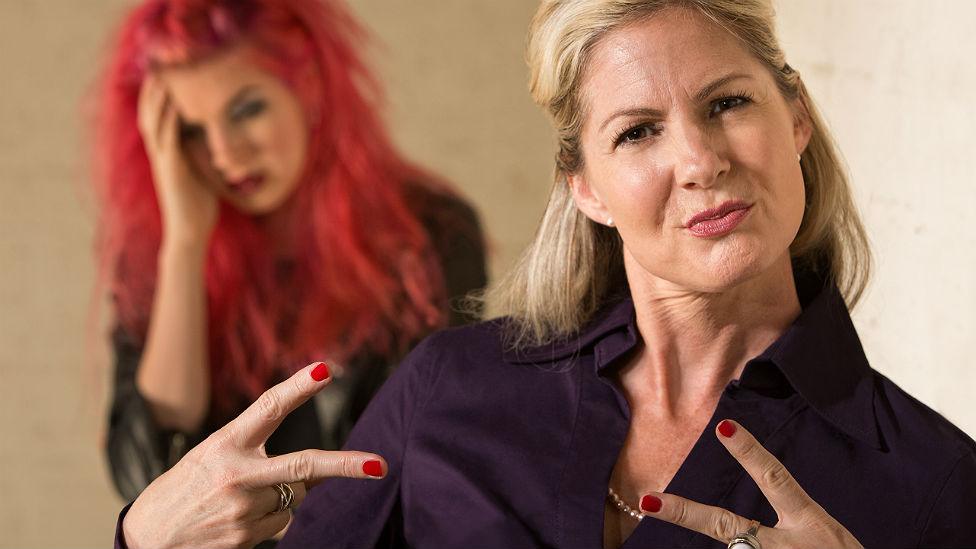
The Tinder generation are having less sex than ever, a new study claims.
Young people are more sexually aware and open than any generation before but one in five people between 16 and 24 say they do not have a sexual partner.
By comparison, young people in the 1960s, 1970s and 1980s were much more active.
In fact, if you are under 25 you are smashing the stereotypes of rebellious teenagers with your healthy living, abstinence and hours spent in the gym.
Here's how things have changed.
You're not having as much sex
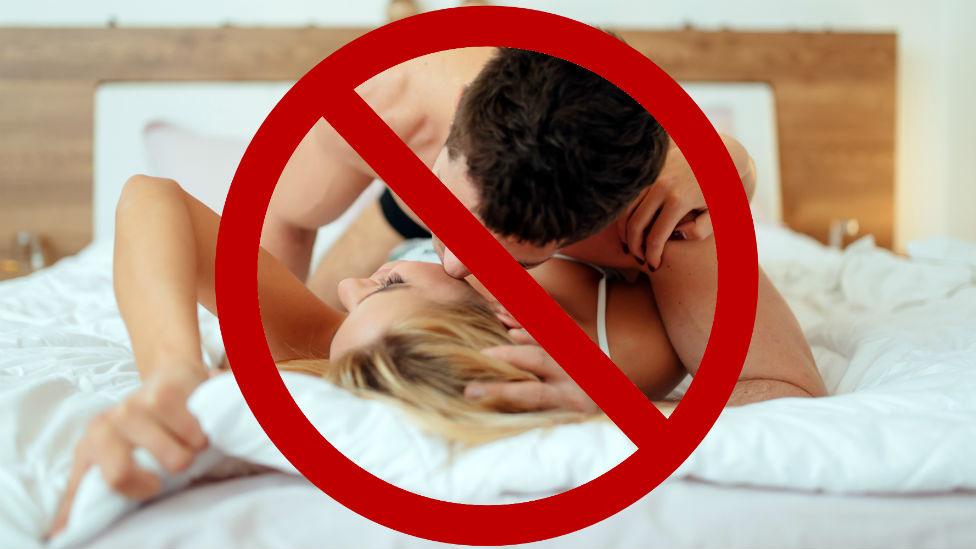
No sex please, we're young
Fifteen percent of people born in the 1990s say they have not had a sexual partner since they turned 18.
"In Britain we have seen a decline in the age at first sex between those born in the 1950s and 1990s," says Cath Mercer of University College, London, lead analyst for the National Survey of Sexual Attitudes and Lifestyles.
"Around one in five 16 to 24 year olds don't report a sexual partner, challenging the stereotype that all young people are sexually active and from a young age."
In the 1970s and 1980s, 12% of the same age group reported no sexual partner and in the sixties the number was 6%.
It's not all good news for this generation of abstinent young people, because at least one in 10 16 to 21 years olds has reported having a "distressing sexual problem".
Then there's the explosion in online porn, which is a whole different story.
You're not doing drugs
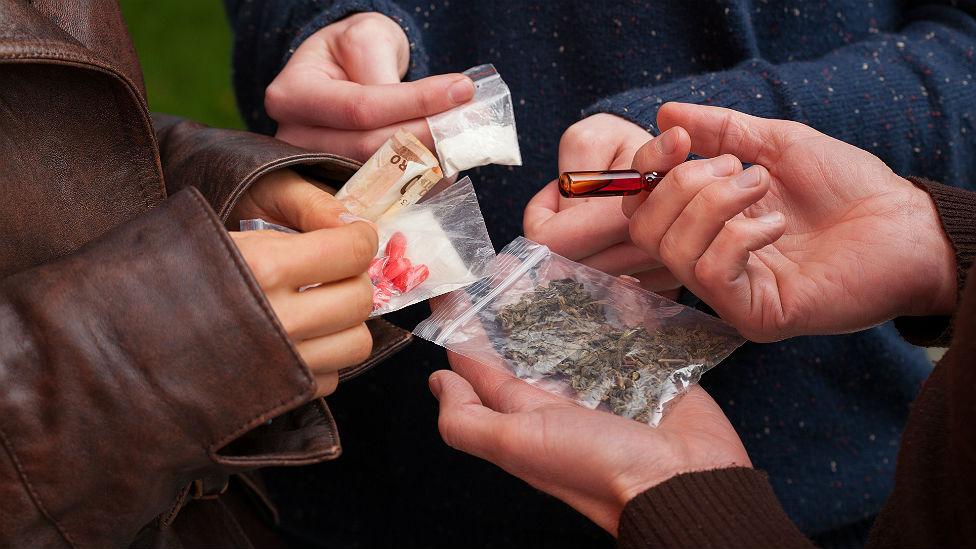
Drug use continues to fall among young people
All that free time young people have from avoiding sex is not being spent taking drugs.
A new report from The Home Office reveals that 18% of people aged 16 to 24 admit to having taken an illegal drug in the past year, compared with 19.5% between 2014 and 2015.
This isn't a massive drop, but much lower than a decade ago, when the 2005-06 report showed the number to be 25.2%.
It was estimated 15 to 20% of young people, external in the UK had tried an illegal drug in the 1980s.
Just 8.6% admitted to having used drugs by 2010.
You're not drinking alcohol so much
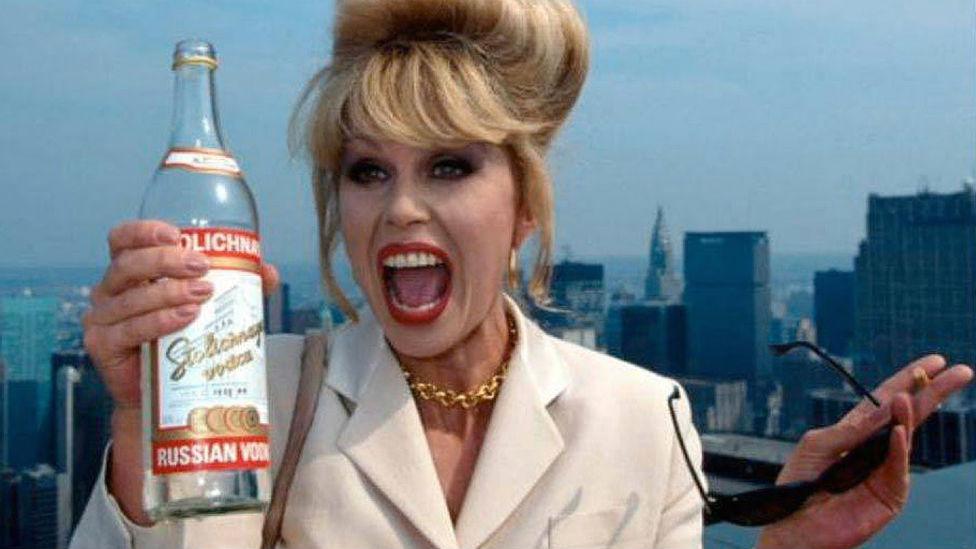
Older people drink more regularly than young people
Young people are drinking less often than their parents too.
A report released in 2016, external by the Office of National Statistics reveals that 48% of 16-24 year olds consumed alcohol in the previous week, while 66% of people aged 45 to 64 had been on the booze.
However, when young people do drink, they drink harder and heavier, with more people between 16 and 24 admitting to drinking more than 14 units of alcohol on their biggest binges.
But your fashions are quite similar...
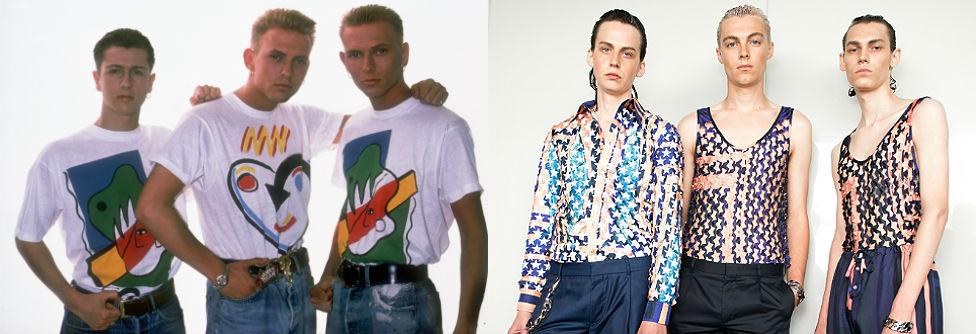
Everyone looked ridiculous.
You are worrying about money
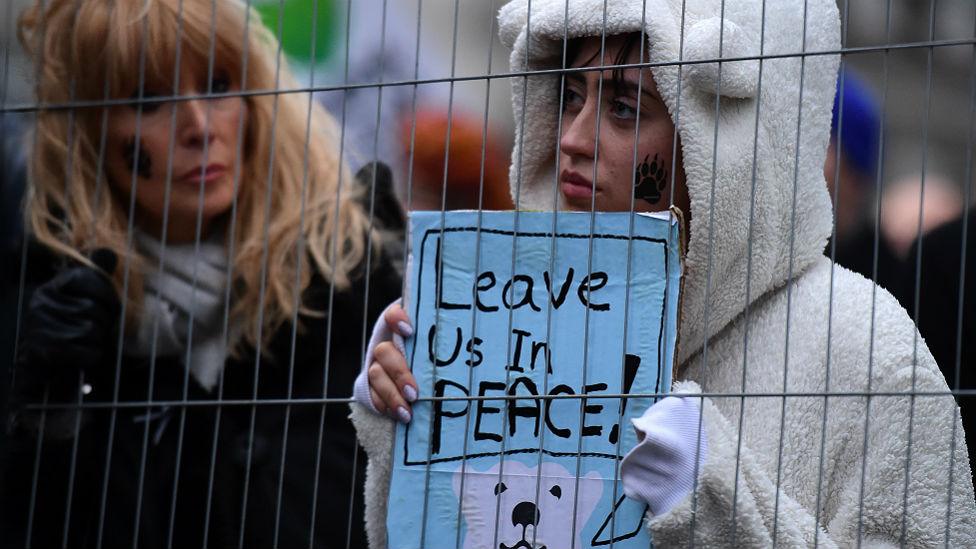
Personal issues are more of a concern to young people than climate change
In the 1980s and 1990s, teenagers were lying awake at night worrying about nuclear war and climate change.
Now, they are more concerned with financial issues.
A new study into sleeplessness, external shows that young people are now 81% more likely to be worried about financial problems than in 1988.
Personal accidents, bullying and terrorism are also major issues affecting young people and their sleep patterns.
You're getting political
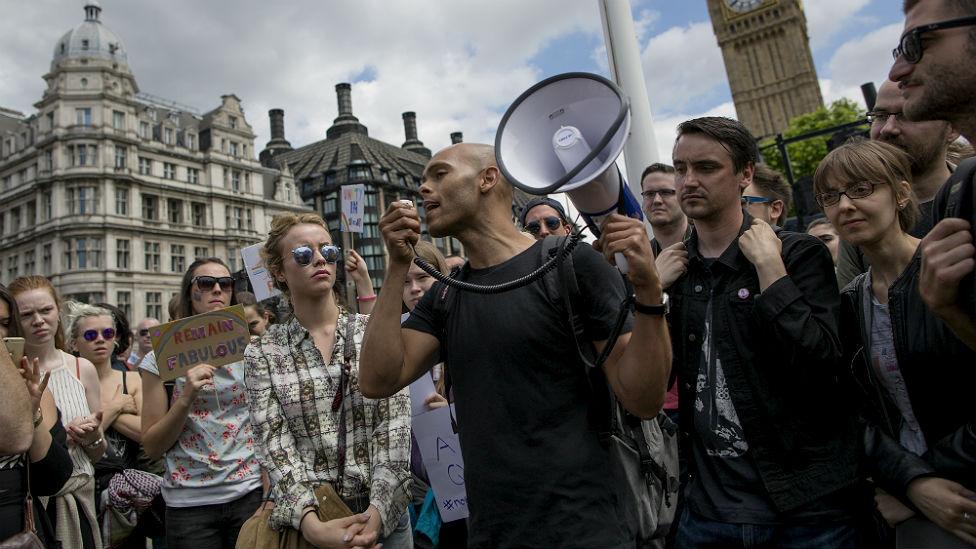
A lot of young people were motivated to vote by Brexit
Young people are, as a rule, rubbish when it comes to politics.
There are a lot of conflicting statistics around young people's voting habits during this year's EU referendum, but a report, external by the London School of Economics revealed that 64% of young people registered to vote, did actually vote.
That was the highest turnout in two decades.
The study also showed that if 16 and 17-year-olds had been allowed to vote, it would have been enough to swing a "remain" result.
You're body conscious
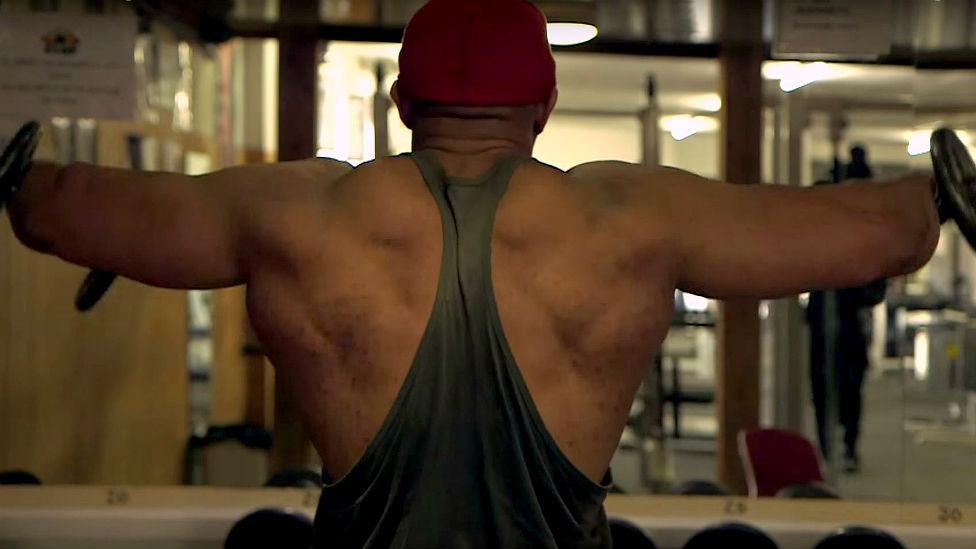
Young people are exercising more - for better or for worse
It's not just Pokemon Go that's getting young people off the sofa - young people want to get fit, not fat.
A 2016 report by the Association of Licensed Multiple Retailers revealed that young people are drinking less and exercising more.
Also, gym membership across the UK rose by 44% in 2015., external
But it's not all good news.
Young people are also becoming obsessed with exercise which is leading to new forms of body dysmorphia and steroid use.
What is 'bigorexia'?, external
Not to mention recent reports that high intensity workouts, favoured by young people, is resulting in joint injuries, external usually seen in people approaching retirement age.
You're still waiting to get your own place
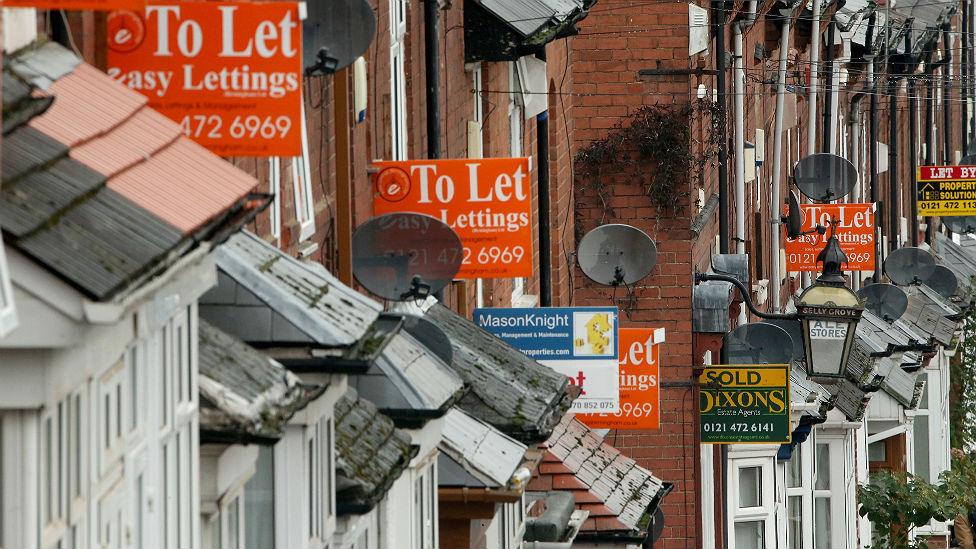
It's no secret that young people have been priced out of the property market
Owning a home is a major concern for young people, mainly because their chances of buying one are slim due to soaring house prices.
Two decades ago, the average first-time buyer was in their mid-20s. Now they are between 35 and 38., external
It's a grim reality we all have to deal with, but here's some advice on (maybe) getting your foot onto the property ladder.
Find us on Instagram at BBCNewsbeat, external and follow us on Snapchat, search for bbc_newsbeat